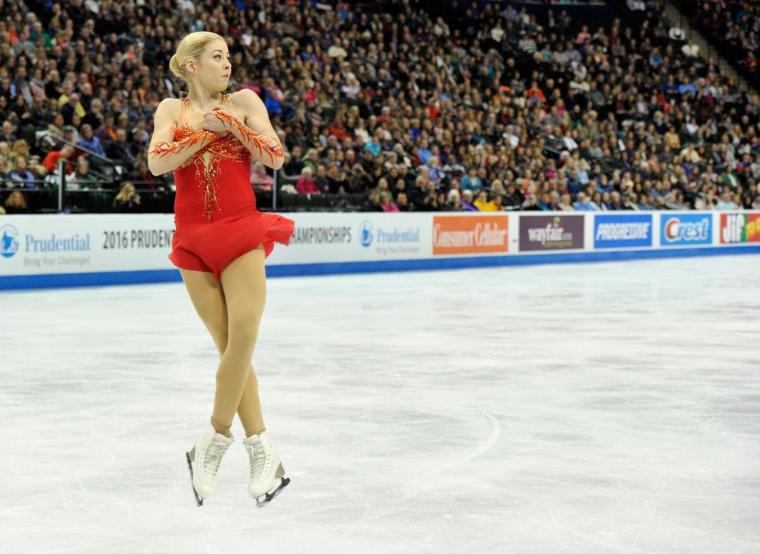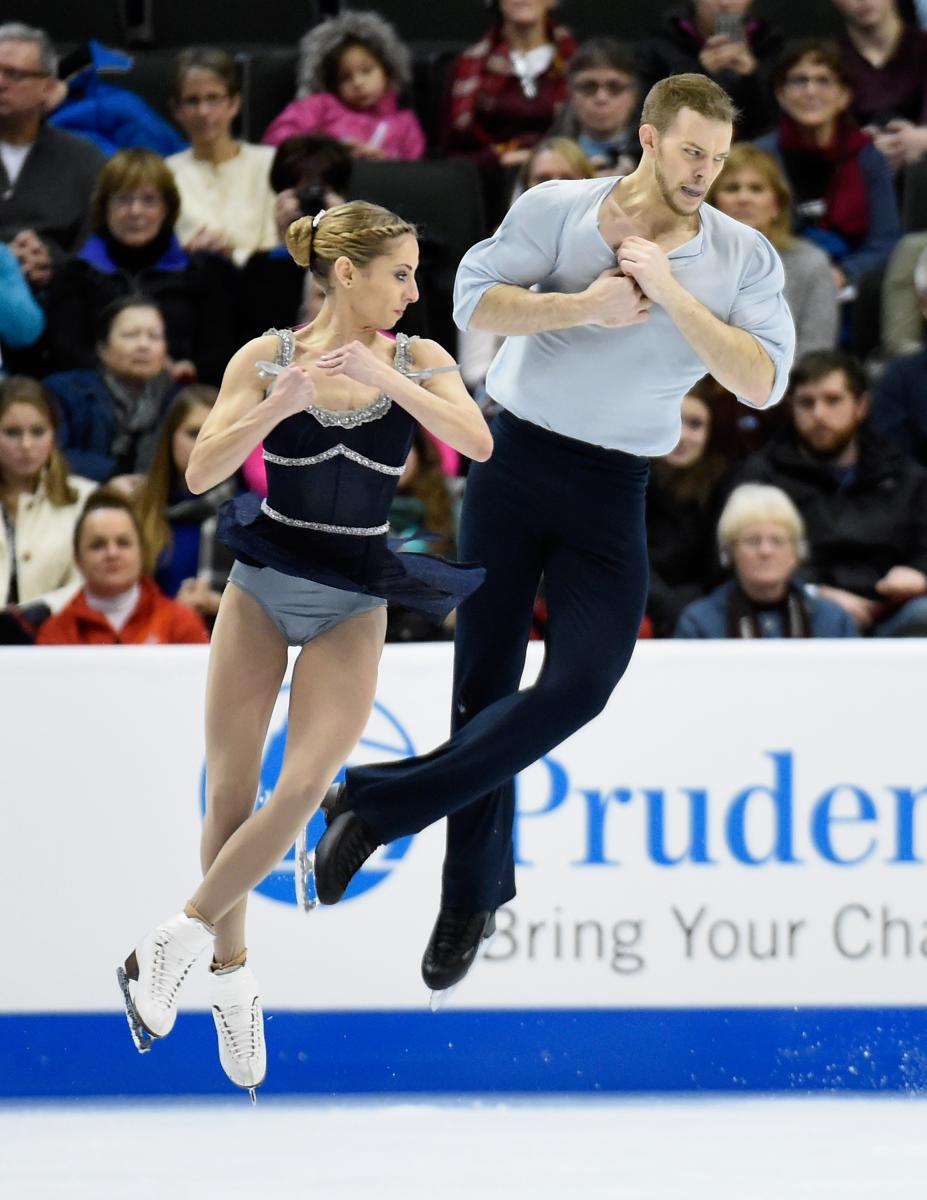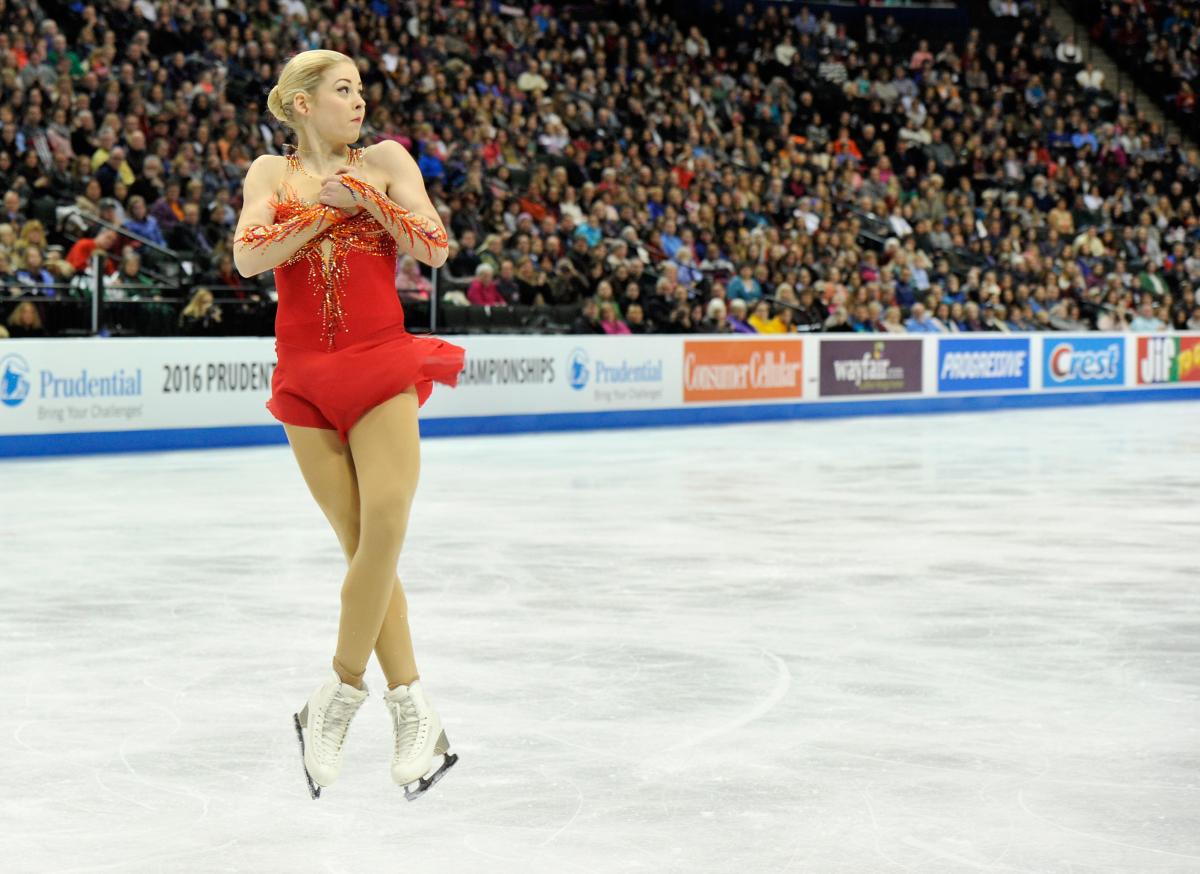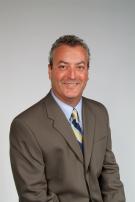
 U.S. Figure Skating is the national governing body for the sport of figure skating in the United States and a member of the International Skating Union (ISU), the international federation for figure skating. It is also a member of the USOC.
U.S. Figure Skating is the national governing body for the sport of figure skating in the United States and a member of the International Skating Union (ISU), the international federation for figure skating. It is also a member of the USOC.
U.S. Figure Skating is composed of member clubs, collegiate clubs, school-affiliated clubs, individual members and Friends of Figure Skating. It is one of the strongest and largest governing bodies within the Winter Olympic movement, with more than 178,000 members in member clubs, collegiate clubs and school-affiliated clubs. To date, U.S. Figure Skating has almost 700 member clubs.
Sports Destination Management: Figure skating is always a showcase sport in the Winter Olympics and people become interested in it at that time. Are you seeing growth even now, in a non-Olympic season?
Bob Dunlop: We’re definitely trending up.
SDM: Everyone sees individual and pairs skating at the Olympics, but what else is growing?
Dunlop: Synchronized skating is a large discipline and it has been growing year over year. It dates back to the year 2000 and although it’s not currently an Olympic event, we’d certainly like to see that happen. Synchronized skating is something we really encourage communities to look at and bid on. It’s a team sport and has sectional, national and world championships. The World Championships are being hosted in Colorado Springs next year and will bring in 26 teams from around the world. The environment at these competitions is really electric. There is a huge fan base, and on the final day of competition, the younger competitors will come and populate the stands.
SDM: What are you looking for when you bid out events? Obviously, you need the right facilities.
Dunlop: Almost every community has a venue that could probably work, so one of the things we look for beyond that is an understanding of our event. That’s one of the biggest pieces in our review. If you’ve been to one of our events before, even one not in your area, it’s easier to understand what we need. We also need a host community that is passionate about the sport and will help develop a game plan to have successful ticket sales.
 SDM: Are you also looking for ties to a local organizing committee, with figure skating clubs that can help support the event?
SDM: Are you also looking for ties to a local organizing committee, with figure skating clubs that can help support the event?
Dunlop: At national and international events, we’ve more often than not had club involvement in a lot of ways. Some clubs will help us lead the charge, some will provide volunteer services. It’s always helpful to have a local team of experts who can help answer questions about the sport’s demographic in that area.
SDM: How many volunteers are needed for your events?
Dunlop: In some venues, we are spread out over two to three different sheets of ice, so the number can actually fluctuate. Generally, it’s in the hundreds.
SDM: Obviously, your events are in demand.
Dunlop: We like to think we offer a great event for any community to host. They bring in a lot of people and they create economic impact. We have a lot of communities interested in repeatedly hosting our national championships, which to us is good news.
SDM: What is the bidding process like?
Dunlop: We send out the RFP and we have a timeline like most groups, but in the 2005-2006 season, we changed the process to become much more transparent, and to provide more information to potential hosts. We share past financials and we encourage communities to ask questions. We take the bids and we give them feedback, so it’s a learning process for everyone. We need to learn about their community and they need to learn about our event. There’s a lot of competition for these events, and they do have a lot of moving parts. The more people can learn about our events in advance, the more they have a leg up on the process. We also never want to close the door on anyone. Sometimes, a community will be interested in a particular event but through conversations, we find a different one might be a great fit for them.

